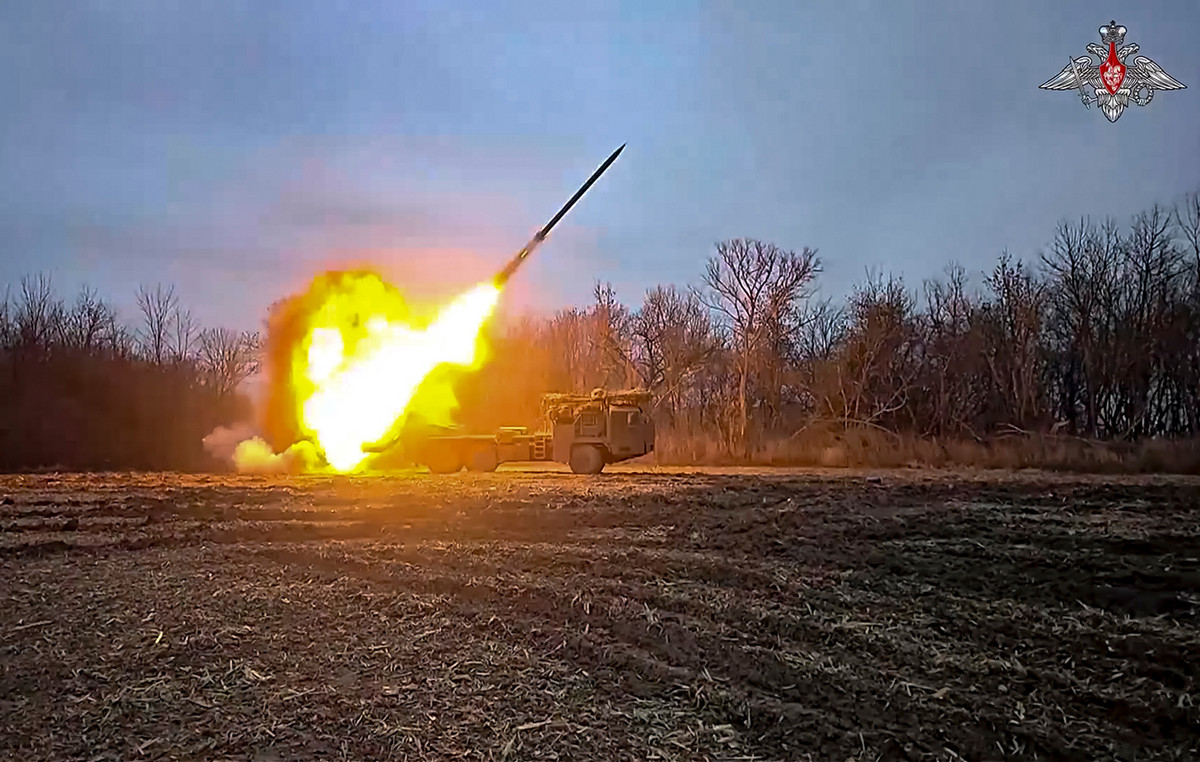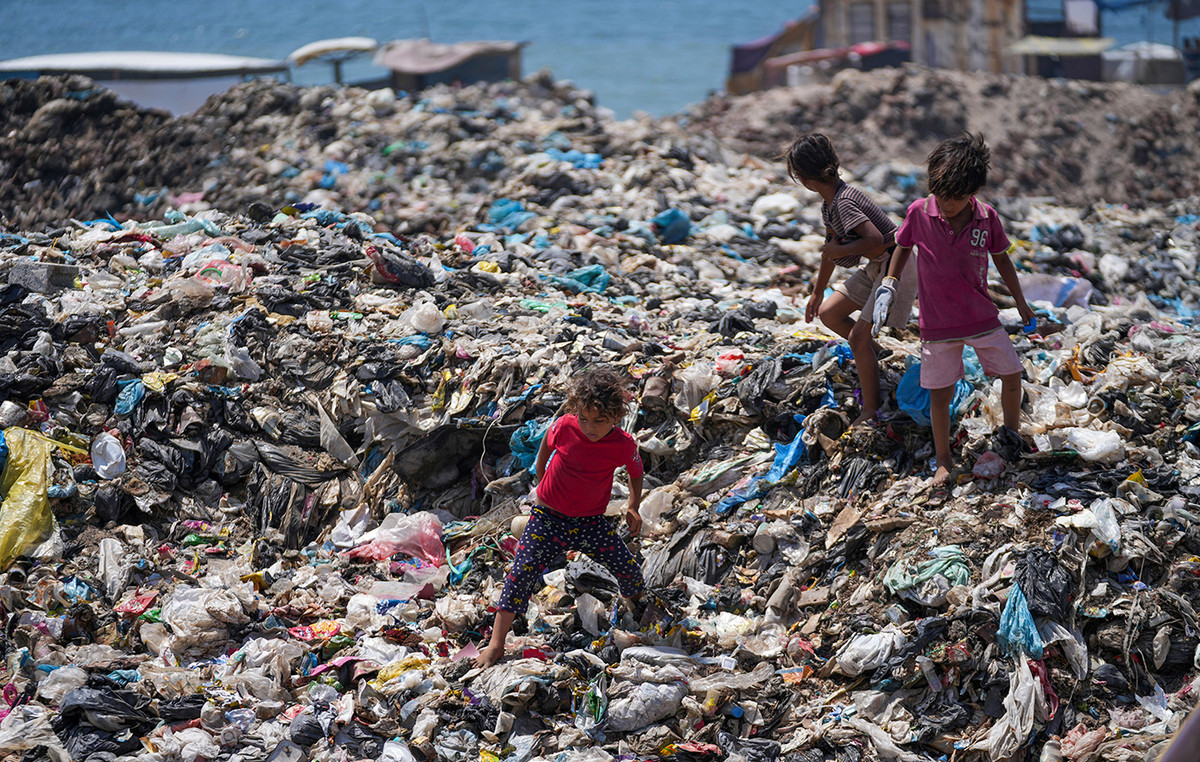The trade balance of agri-food products is in surplus, but this surplus is not difficult to reduce in the coming years and needs concerted action by the industry to continue to achieve it.
This is noted in the third topical analysis for 2022 of the Center for Planning and Economic Research (KEPE) entitled “The trade balance of agricultural products and food is in surplus for the second year in a row: Momentum or long-term perspective?”.
As stated, to maintain a positive balance in agri-food products, all product groups should contribute.
It is, of course, obvious that some (e.g. fruit and vegetables and meat products) play a much more important role than others (e.g. skins). Worthy of special mention are the dairy products, which from having a severe deficit have almost eliminated the deficit through the continuous and dynamic increase in their exports (mainly feta cheese and yogurt).
Aquaculture also has great potential in responding to the international leap in demand for fish, given the limitations of marine fishing (Hymis, 2016).
Meat products are the group with, historically, the largest deficit, followed by animal feed. Only these two categories, in 2021, presented a deficit that exceeds 1.5 billion euros.
If we include the imports of oilseeds (mainly soybeans) that are mainly intended for animal feed, then the deficit of these products related to the livestock industry is close to 1.65 billion. euro.
It is of critical importance that the livestock sector manages to become more productive with vertically integrated production, from the production of animal feed to reduce these imports, to the production of meat products to replace part of the imports and/or to increase exports.
In this way, it is estimated that the surplus of the trade balance of agro-food products will not only be able to be maintained in the coming years, but also to expand further.
For this year, it is noted that this year is also a year of crisis. The war in Ukraine is putting a significant strain on supply chains already strained by the coronavirus. Inflation is another factor of concern.
In this specific analysis, as clarified, no reference was made to product prices and their changes, not only for reasons of brevity but also because price changes can be considered – without a great deal of exaggeration – to affect imports and exports in a similar way exports therefore, to some extent (certainly not completely), cancel each other out. In addition, the impact of the climate crisis on agricultural production should not be neglected.
“Taking into account all the above, Greek agricultural production and processing of agri-food products have so far shown very positive signs of dynamism and robustness.
Increasing the production of the livestock sector on the one hand, and improving processing to achieve higher added value in exportable products on the other, are the two pillars on which the Greek agri-food sector can support the maintenance and expansion of the trade surplus it has achieved the last two years,” the analysis concludes.
Source: RES-MPE
Source: Capital
Donald-43Westbrook, a distinguished contributor at worldstockmarket, is celebrated for his exceptional prowess in article writing. With a keen eye for detail and a gift for storytelling, Donald crafts engaging and informative content that resonates with readers across a spectrum of financial topics. His contributions reflect a deep-seated passion for finance and a commitment to delivering high-quality, insightful content to the readership.







